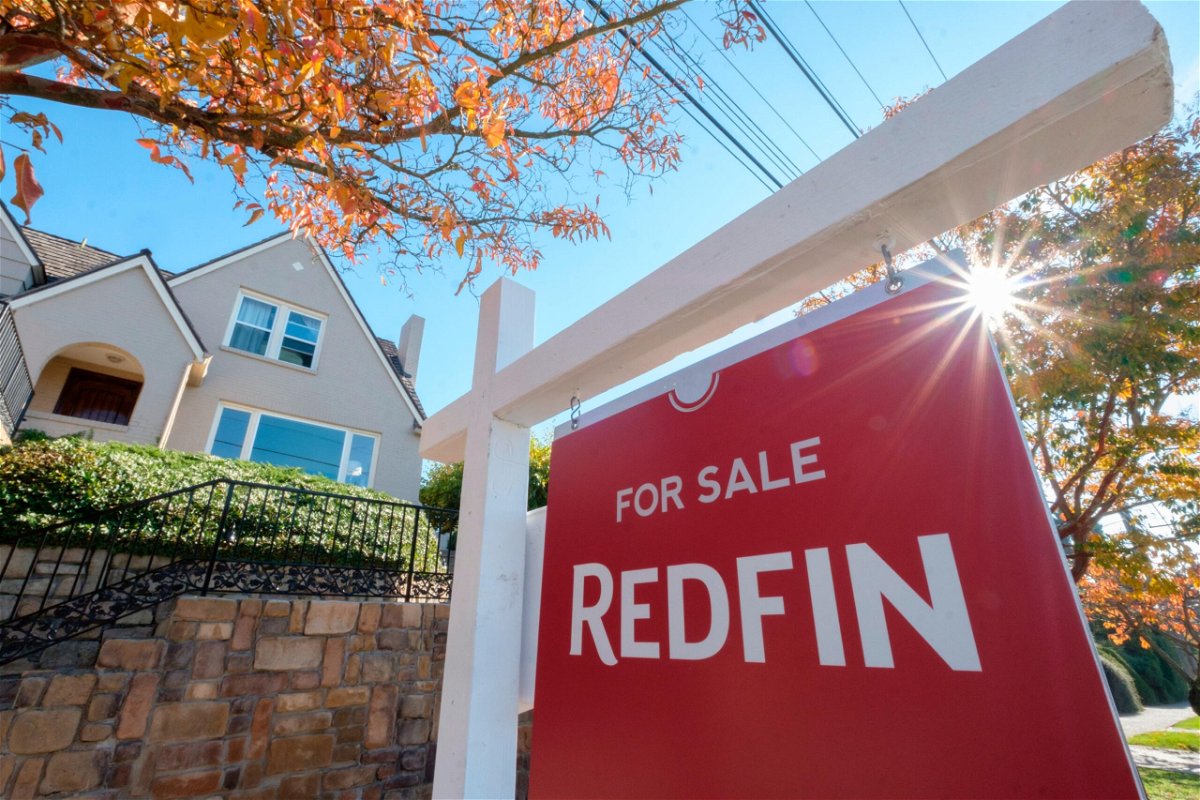Home buying costs could spike by 22% if US defaults on its debt

Home buying costs could significantly spike if the United States defaults on its debt.
By Anna Bahney, CNN
The United States has never defaulted on its debt, and it remains an unlikely outcome of the current standoff about raising the debt ceiling. But, if it were to happen — which could be as soon as June 1 without intervention — it would further crush an already wounded housing market, according to an analysis by Zillow.
Housing costs would spike by 22% with the rate for 30-year, fixed rate mortgages rising above 8%. There would be 700,000 fewer homes sold in the 18 months after July — that’s almost 12% of the 6 million sales currently expected during that span.
In other words, if you thought this past year of skyrocketing mortgage rates and plunging sales was miserable for the housing market, just wait, there’s more. If the United States defaults on its debts, we can do the past 12 months all over again.
“While we don’t expect a debt default to occur, if it did, it would have unprecedented effects on the financial system,” said Jeff Tucker, a senior economist at Zillow. “This would reduce lending and credit availability throughout the financial system. What that means for the housing market is that the cost of borrowing would rise dramatically and sales would be dropping.”
Triggering a recession
In Zillow’s analysis, interest rates would spike, peaking at 8.4%; and unemployment would surge, peaking at 8.3% from its current rate of 3.4%. This analysis projects what might happen in the event of a prolonged default, and it is not a prediction that a default will occur.
“This would be a scenario of a recession being triggered by a huge contraction in federal outlays,” said Tucker. “Home buyers and sellers finally have been adjusting to mortgage rates over 6% this spring, but a debt default could potentially raise borrowing costs even higher and send the market into a deep freeze.”
Zillow projects the combined impact of buyers and sellers pulling back would wipe out nearly one-quarter of expected sales in some months. If there were to be a debt default, the biggest projected deficit would come in September, with an estimated 23% fewer existing home sales.
The severity of the impact depends a lot on the duration of the drama, Tucker added.
“If the crisis grinds on for longer, all these impacts would last longer and be more severe,” he said. “If it turns out to be a more short-term problem, there would be shocks but I could see the situation where it could come back relatively quickly.”
In the event of the debt ceiling not being addressed, mortgage rates would likely climb quickly as investors become worried about almost every type of bond.
Government issued Treasury bonds have been considered a risk-free, safe-haven for investors. If they suddenly carry risk, Tucker said, “it is an earthquake on which everything else is built.”
Uncertainty in Treasuries being repaid will lead investors to require greater return for purchasing them. Mortgage rates tend to follow yields on 10 year Treasury bonds and would likely rise, too.
“Treasury bonds are used as collateral to back all kinds of loans,” said Tucker. “If you have to second guess the value of collateral, everyone across the board is less willing to lend and only willing for a higher return. It is a picture of contagion and a credit crisis spreading. Everyone is suddenly questioning all kinds of lending.”
With about three weeks till the point at which the government can no longer pay its bills — known as the ‘X-date — the point is approaching when that risk will begin to be priced into lending, if the crisis is not resolved.
“Right now, it’s contained to short-term securities, like one month Treasuries, which have been breaking records,” said Tucker. “It is a looming risk about a month away, so it isn’t yet wreaking havoc on 30-year mortgage rates. But we’re continuing to inch forward into unprecedented territory.”
Even though this is an “unlikely, worst-case scenario of a prolonged default,” as Zillow economists call it, they say homeowner value would hold relatively strong. A small silver lining to this possible catastrophe.
The Zillow analysis projects that if the United States were to default on its debt, home values would begin to fall starting in August, but only by 1% from current levels through February 2024. Even in this dire scenario, home values would still be expected to rise 1% from today to the end of next year. That’s down from a current expectation of 6.5% growth over that period.
Home values tend to fall sharply when the market is flooded with listings. But in this scenario, inventory would shrink below its already historically low levels. Low inventory would keep prices from falling too far, too fast.
The-CNN-Wire
™ & © 2023 Cable News Network, Inc., a Warner Bros. Discovery Company. All rights reserved.
